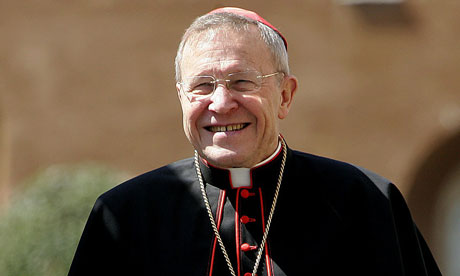Trios of many different genres, styles, movements and themes. I've purposely tried to expand it a bit beyond what I think are the 'best' and more towards personal favourites. They are almost all well-known and should be easy to find. Asterisks will show films that may be more difficult to locate.
Three Great Québecois Films
C.R.A.Z.Y. (Jean-Marc Vallée, 2005) Recommended by me before, a queer coming of age film.
Maelström* (Denis Villeneuve, 2000) A dying fish narrates a strange, emotional tale.
The Decline of the American Empire (Denys Arcand, 1986) Intellectuals talk lots of sex.
Three Great Blaxploitation Films
Bone* (Larry Cohen) Also known as
Beverly Hills Nightmare or
Housewife, it's deliriously subversive fun.
Cleopatra Jones and the Casino of Gold (Charles Bail, 1975) Campy, ass-kicking Cleo in Macau and Hong Kong.
Sweet Sweetback's Baadasssss Song (Melvin van Peebles, 1971) Revolutionary, landmark blaxploitation.
Three Great Heist Films
The Sting (George Roy Hill, 1973) This Best Picture winner is frothy and fun.
Sexy Beast (Jonathan Glazer, 2001) Gritty British thriller with dynamite performance from Ben Kingsley, who is terrifying as the psychotic Don Logan.
Ocean's Eleven (Steven Soderbergh, 2001) Miles ahead of the original, Soderbergh's film is a stylish delight.
Three Great Cary Grant Screwballs
Arsenic and Old Lace (Frank Capra, 1944) Cary Grant plays the lone sane member of a hilariously murderous family.
His Girl Friday (Howard Hawks, 1940) One of the great scripts of Classic Hollywood, it's the sharpest screwball around.
Bringing Up Baby (Howard Hawks, 1938) Grant shines with Katharine Hepburn, who is delightfully ditzy.
Three Great Anthology Films
Paris, Je T'aime (2006) 20 short films that range from droll character studies to vampire mysteries and beautiful love stories.
Germany in Autumn* (1978) Biting examination of post-War West Germany, featuring shorts from Fassbinder, Kluge and Schlöndorff.
Sin City (Frank Miller, Robert Rodriguez, Quentin Tarantino, 2005) One of the best neo-Noirs.
Three Great Americana Films
The Last Picture Show (Peter Bogdanovich, 1971) Stoic view of a small Western town as it transitions to a new era, featuring career-best performances.
Meet Me in St. Louis (Vincent Minnelli, 1944) One of the best American musicals, it's dripping with patriotism and sentimentality... but a closer look reveals much more.
Melvin and Howard* (Jonathan Demme, 1980) An unassuming man's life is changed when he is mysteriously named in the will of none other than Howard Hughes.
Three Great Biopics
Capote (Bennett Miller, 2005) The best biopic ever made, it's subtle, moving and an intense examination into the working process of one of the most controversial and game-changing novels written.
Milk (Gus Van Sant, 2008) Sean Penn walks away with his second Oscar, and Van Sant re-energizes a tired genre with some cinematic flair.
Yankee Doodle Dandy (Michael Curtiz, 1942) Most contemporary audiences know James Cagney for his gangster films -- but he was also a top song and dance man. Here he plays George M. Cohan, "The Man Who Owns Broadway".
Three Great New Hollywood Films Based on a True Story
All the Presidents Men (Alan Pakula, 1976) The breaking of and investigation behind the Watergate Scandal.
Dog Day Afternoon (Sidney Lumet, 1975) A bank robbery goes wrong, and The People eat it up.
Badlands (Terence Malick, 1973) A young couple is on the run and madly in love in this tribute to Americana.
Three Great Shakespeare Films
Titus (Julie Taymor, 1999) Shakespeare's infamous
Titus Andronicus goes postmodern.
Macbeth* (Orson Welles, 1948) Welles described his project as "a perfect cross between
Wuthering Heights and
Bride of Frankenstein", and it's an apt suggestion.
Romeo + Juliet (Baz Lurhmann, 1996) Whirling, kaleidoscopic and pure pop, it's a brave blend that somehow works, and works gloriously.
Three Great Mindbenders
The Trial* (Orson Welles, 1962) Another gem from Orson Welles, featuring spectacular set design.
Eraserhead (David Lynch, 1977) It's hilarious, bizarre and gruesome, and totally worth watching.
Naked Lunch (David Cronenberg, 1991) I still don't know quite what I watched here, but it was sure exhilarating.
Three Great Marriages Falling Apart
Greed (Erich von Stroheim, 1924) This silent epic was shorn by the studio, but in its remains it's still a crowning achievement.
Who's Afraid of Virginia Woolf? (Mike Nichols, 1966) Elizabeth Taylor and Richard Burton are at each other's throats with wickedly witty vitriol.
Contempt (Jean-Luc Godard, 1963) Why would your wife suddenly despise everything about you, with only a flimsy excuse? Godard and Bridgette Bardot are a match made in cinematic heaven.
Three Great Documentaries
Dear Zachary: A Letter to a Son About His Father* (Kurt Kuenne, 2008) Guaranteed to get you sobbing, this is perhaps one of the most emotionally powerful films I've come across.
Grizzly Man (Werner Herzog, 2005) The life and death of bear fanatic Timothy Treadwell.
Night and Fog (Alain Resnais, 1955) One of the first documentaries about the Holocaust, and still among the most poignant and devastating.
Three Great Queer Films
Poison* (Todd Haynes, 1991) Certainly not for all tastes, but those willing to go along with its genre games and whacked-out narratives will have a blast.
The Wedding Banquet (Ang Lee, 1993) Lee went queer long before
Brokeback Mountain with this touching and funny adventure of a Taiwanese man pretending to get straight married to hide his gay relationship.
My Beautiful Laundrette (Stephen Frears, 1985) A young Daniel Day Lewis owns the screen.
Three Great French New Wave Films
The Butcher* (Claude Chabrol, 1970) The
nouvelle vague goes horror with this chilling character study.
The Umbrellas of Cherbourg (Jacques Demy, 1963) And here, it goes American film musical with a jazz operetta that's sure to get you both dancing and crying.
Pierrot le fou (Jean-Luc Godard, 1965) Perhaps Godard's most accessible film, it has all of his experimental and political flourishes but with plenty of laughs, colour and playfulness.
Three Great Gangster Films
White Heat (Raoul Walsh, 1949) James Cagney is electric as a mama's boy turned psychopath.
The Asphalt Jungle (John Huston, 1950) A jewellery caper goes wrong in this classic noir.
Shanghai Triad* (Zhang Yimou, 1995) A provincial boy meets the criminal underworld of 1930s Shanghai in Yimou's Chinese neo-noir.



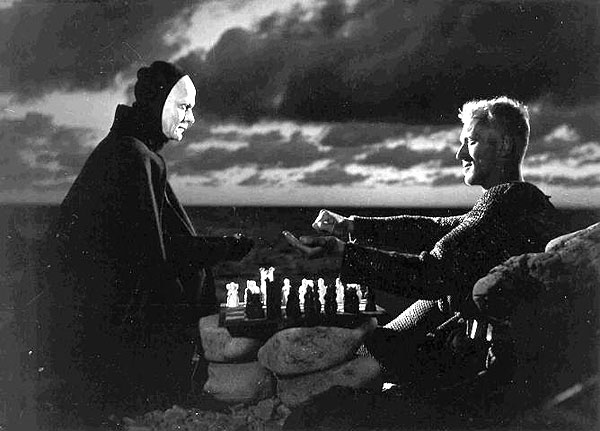


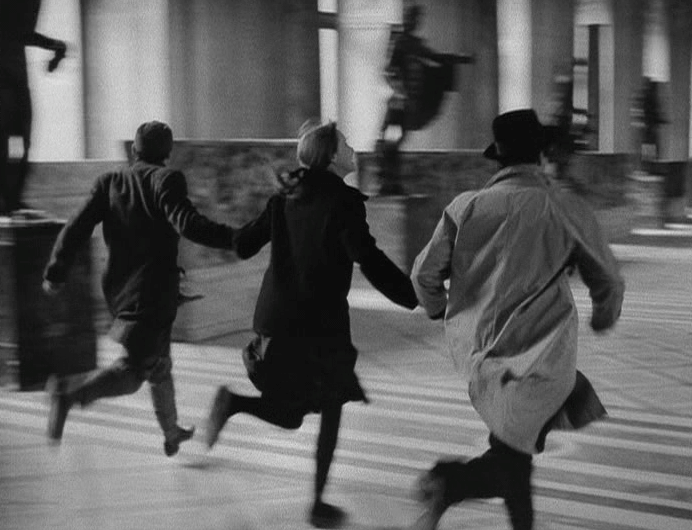







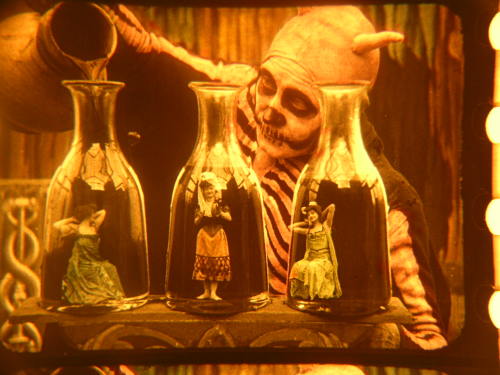


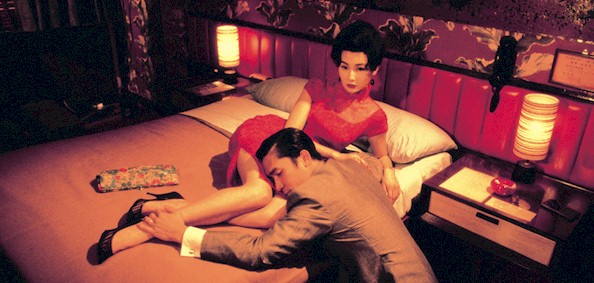
















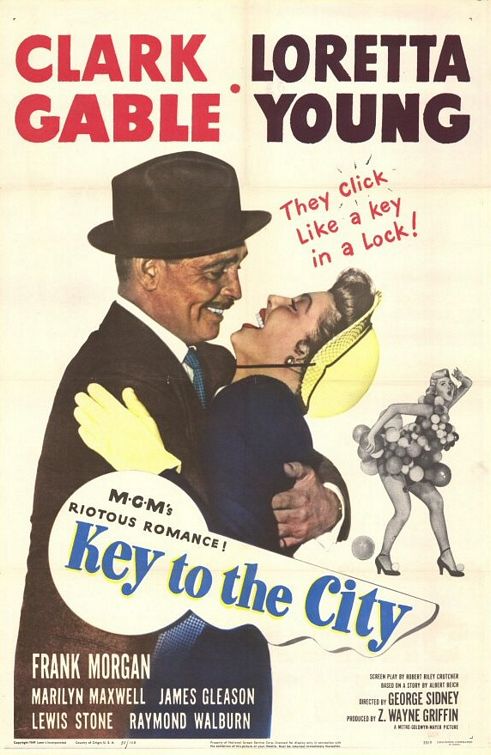







.jpg)




